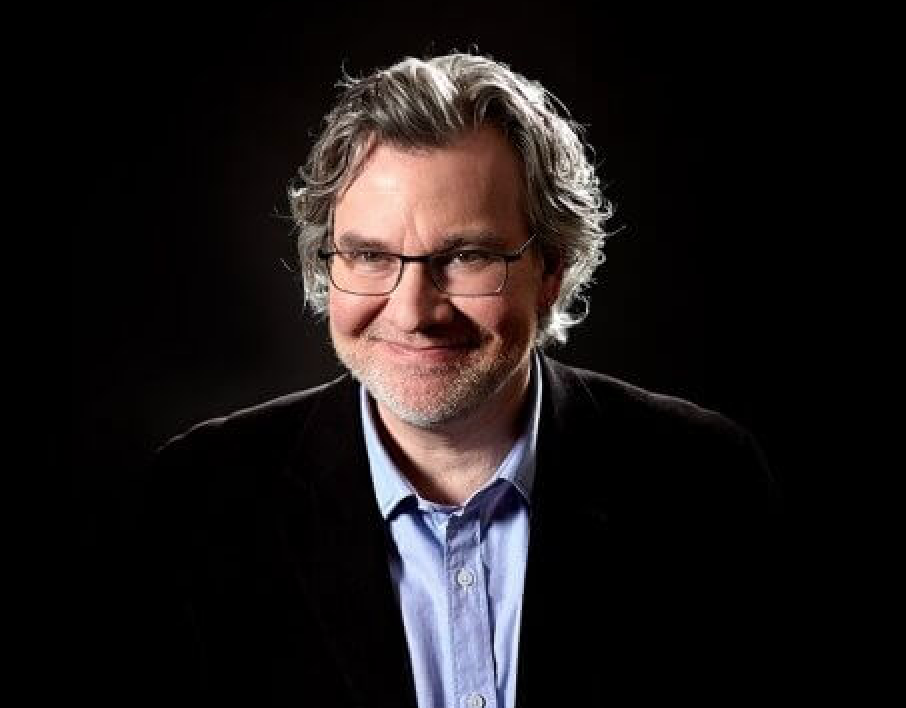Or listen on your favorite podcast app
Apple Podcasts / Google Podcasts/ Spotify
—
“The great thing about creative work is that it actually thrives in constraint.” — Kelly Leonard
Today, Chad is joined by Kelly Leonard, Executive Director of Insights & Applied Improvisation at Second City Works. Kelly originally started off as a production assistant (aka dishwasher) in 1988 and worked his way up at The Second City. By 1992, Kelly had risen to the role of Director of Sales and was the assistant to the Executive Producer of the show. Since starting with Second City, Kelly has produced work with talents such as Stephen Colbert, Tina Fey, Keegan Michael Key, Seth Meyers, Amy Poehler, and many others.
Kelly finished his first book, titled “Yes, And: How Improvisation Reverses “No, But” Thinking and Improves Creativity and Collaboration,” which is all about the magic of improv and how we can use the practice in our day to day lives.
“I really think why improvisation is so powerful is it’s literally human being practice. It’s getting in a room, making eye contact, saying some words, maybe saying gibberish and finding a way that we can understand each other, learn from each other and, most important, co-create with each other,” says Kelly.
On this episode, Chad and Kelly take a deep dive into improv, why it is the core of what it means to be human and how we can use the practice to enhance our own creativity and connection with each other.
Quotes from Kelly:
“In a world where our menial tasks and some of our very sophisticated tasks will be taken over by computers or robots, what we will need is to be able to access the thing that is the most human, the thing that is least robot, which is problem-solving, storytelling, resilience and agility, change readiness, collaboration, and teamwork. There is a reason that computers are not very good at improvising because they are all about finding the pattern. But in comedy, it’s about the pattern interrupting, it’s all about the joke you didn’t see coming.”
[On how he grew within Second City] “The key was I always put my relationships first, which means that I valued the people above me, below me, next to me and I respected the artists and knew how to speak their language. I think that ability to recognize that if you can build trusting relationships, and your smart enough to listen, and surround yourself around people who are brighter than you are, you can kind of do anything.”
“You will benefit if your teams have a lot of people who have different viewpoints, which means there’s gonna be friction and you have to learn as a leader how to manage that friction so that it is going to be creative and not toxic.”
[On waiting for inspiration to strike] “That is a myth. That doesn’t exist. You need to create a practice for yourself to do your art. If that means setting aside three hours for writing and you end up writing a paragraph, that’s fine. The worst thing you can do is not do the art.”
“Artists deserve and should be paid for their work but there is not a world that has ever been lived in where someone who is newly becoming an artist is waiting for a check to do their art. Great painters start painting. Great improvisers start improvising. You do it and you do it publicly in spaces and then you get paid.”



